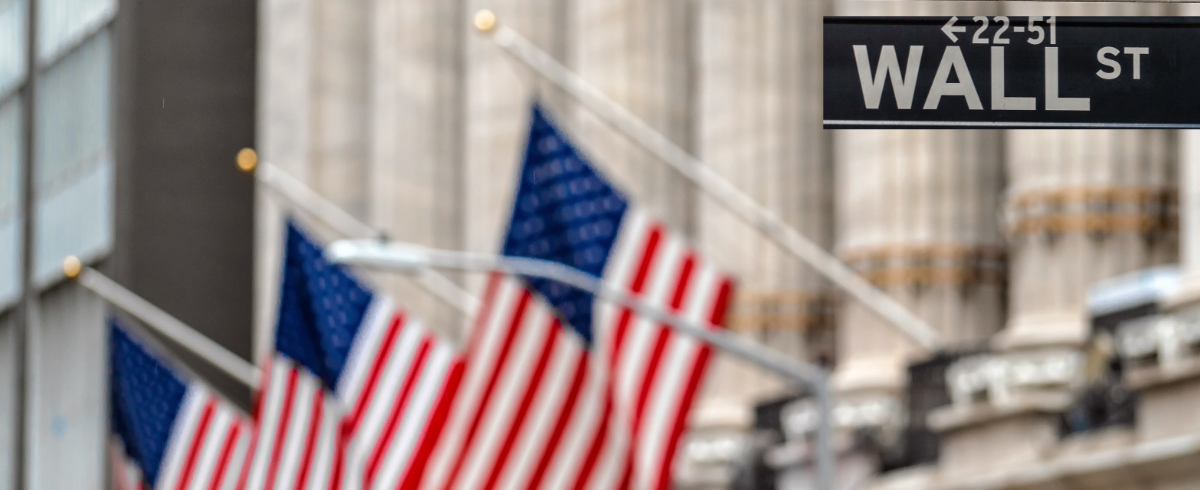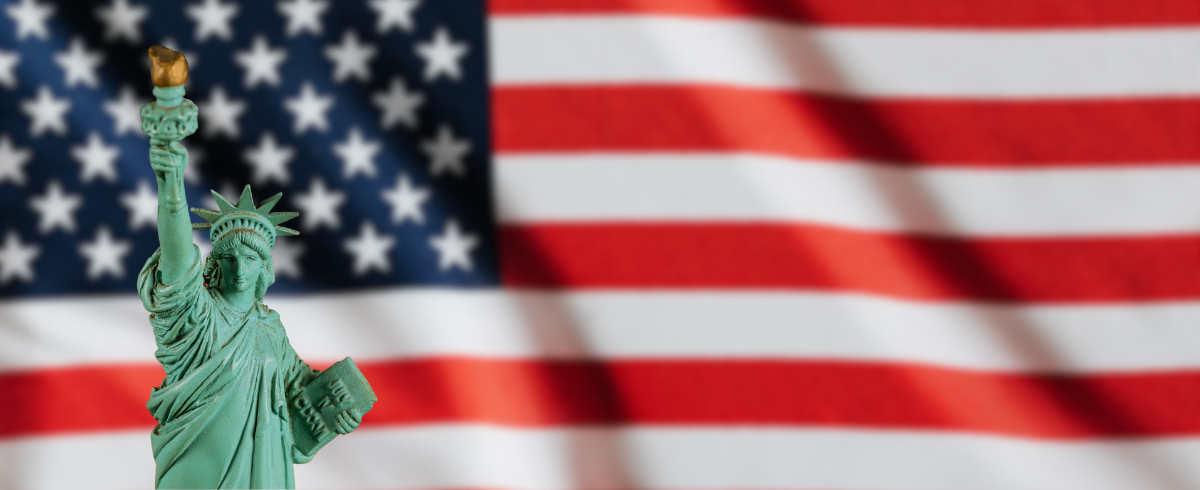I had the pleasure of being invited to a dinner organized by the Princeton University Center for Economic Policy Studies (CEPS) where George Soros spoke on the current economic crisis.
I very much enjoyed the cocktails before the dinner where I reconnected with Alan Blinder and Harvey Rosen who had been professors of mine at Princeton and got to meet Paul Volcker. I believe I also caught sight of Daniel Kahneman and John Nash.
Paul Volcker, when not hitting on my girlfriend, made an impassioned defense of the current bailout. He argued that Americans were no less willing to accept a V shaped recovery today than in 1982 and that the duration and severity of the recession, the shape of the recovery and the nature of the policy responses were purely driven by the circumstances of the two crises: high inflation then, a financial crisis with rapidly deteriorating economic fundamentals and low inflation now.
Alan Blinder came out as the relative optimist of the night explaining that the US was much better off than most of the developed world, that US government debt as a percentage of GDP was only set to rise to 60% up from 40% and that the policy response was finally becoming systematic rather than haphazard.
George Soros for his part could have rivaled Nouriel Roubini with his dire outlook. His speech centered on the cause of the crisis and his prescriptions. He posited that markets were not only not efficient, but prone to bubbles and that in certain circumstances these bubbles could create feedback loops that could impact the economy. He argued that this current crisis was purely financial in the making because looser credit always comes with higher asset prices even though most people do not make the link. He argued that central bankers should take into consideration credit and asset bubbles when setting monetary policy – a role Alan Greenspan famously abdicated. He lamented that despite his hopes for the new administration, they were still behind the ball and doing too little too late.
While his fundamental analysis was sound, I took umbrage with some of his prescriptions, especially his desire to restrict the use of credit default swaps. He argued that stocks were ok to short because on average shorting a stock is riskier than owning it. On the other hand, buying a credit default swap is the equivalent of betting that the issuer of the bond that the CDS insures is going to do poorly – it is the equivalent of shorting the bonds of the company or country the CDS insures. The asymmetry of risk between the issuer and buyer of the CDS favors shorting the bond of the issuing company or country (buying the CDS) which he found reprehensible. I found the argument inconsistent with his desire to pop bubbles given that shorting brings price information to the market. There is nothing morally wrong with shorting and whenever regulators banned shorting both during the Great Depression and the recent financial crisis they ultimately found it counterproductive.
His inner Nouriel Roubini came out during the Q&A session after his speech. When asked about the potential for a breakdown of the social order, he gloomily responded that there was a high risk of populist regimes emerging, especially in Eastern Europe. He felt that democracy in the US might not be as entrenched as we suspect and that it could be severely tested should the Obama administration fail to contain the crisis.
He also described the plight of the developing world. There are over 1 trillion dollars worth of emerging market debt coming to maturity in 2009 that will not be rolled over. He felt that only a concerted effort by the G20 countries to deal with the issue at the upcoming April 2 meeting could save many emerging countries from default. He did not mention his prognosis, but the tone of his speech suggested he did not feel hopeful about a breakthrough there.
He also vigorously defended mark to market accounting retelling the story of Japan where the suspension of mark to market accounting led to the survival of “zombie banks” unable to lend which lumbered for years. He argued it is much better to deal with the bad debt expediently and recapitalize banks.
He also described the interesting paradox we currently face where the prescriptions for getting us out of the crisis – printing and spending a lot of money – are the very opposite what we will need to do the minute the velocity of money increases again.
He did finish on an optimistic note saying that he believed that China, Brazil and India will emerge from the crisis earlier than the rest of the world, as early as the end of the year, and would help pull the rest of the world out of the crisis.
I actually very much doubt he is right, but I sure hope he is!










